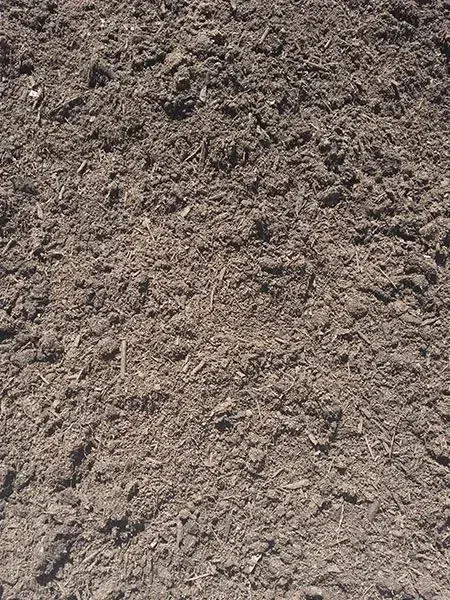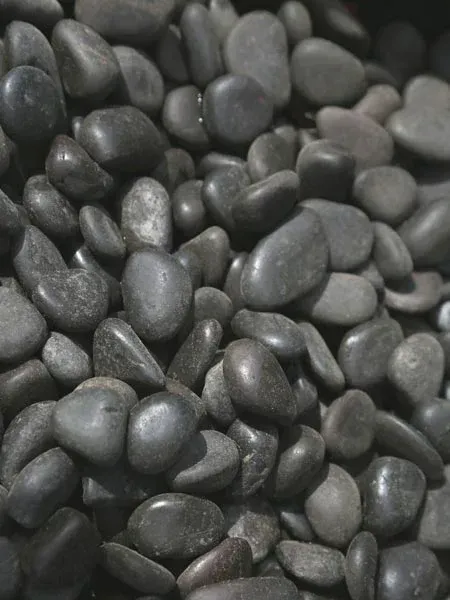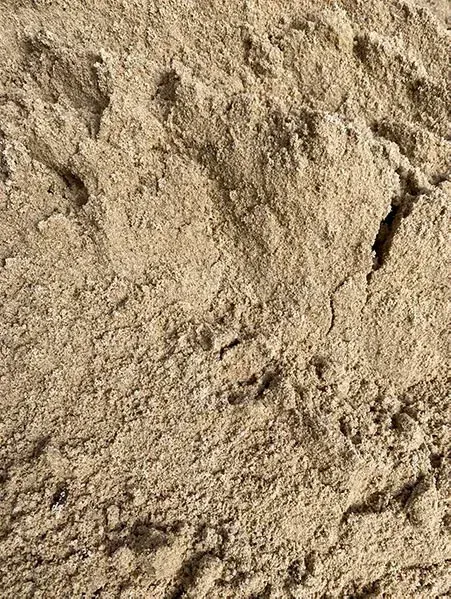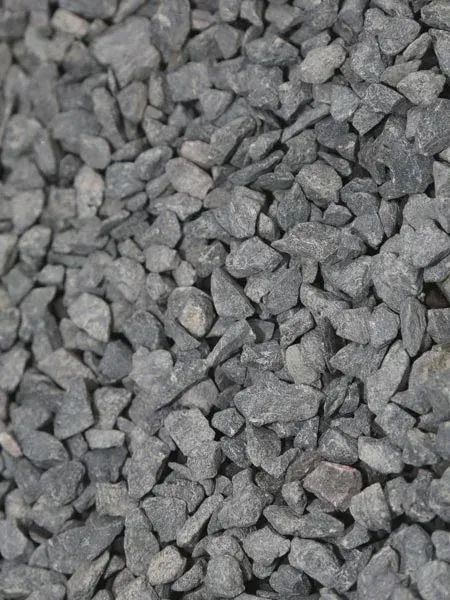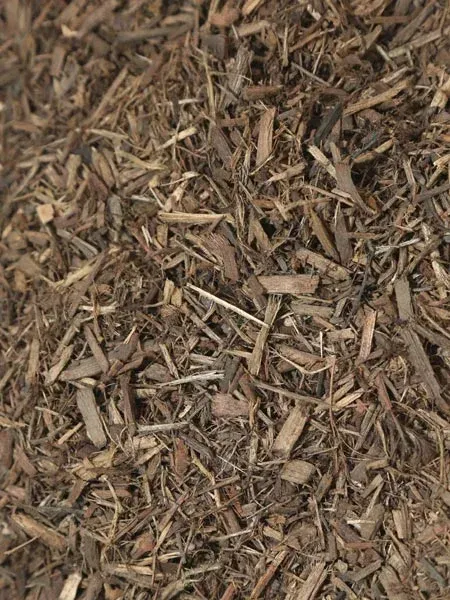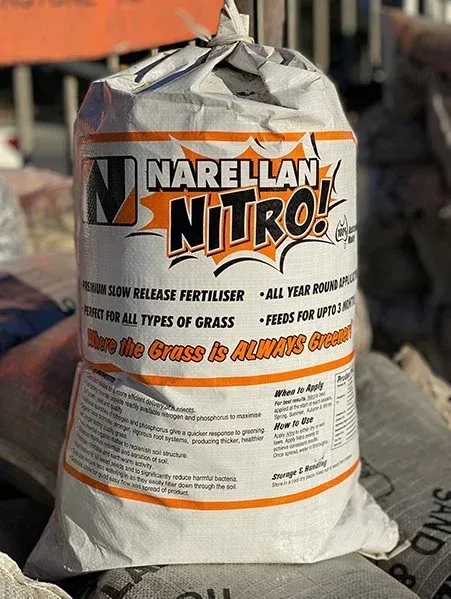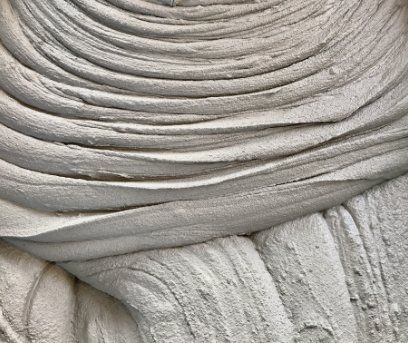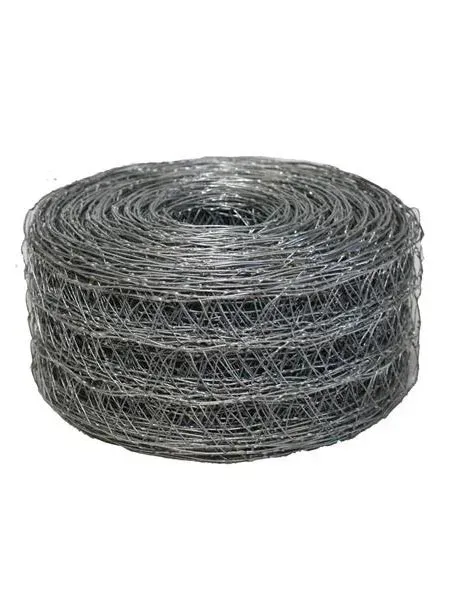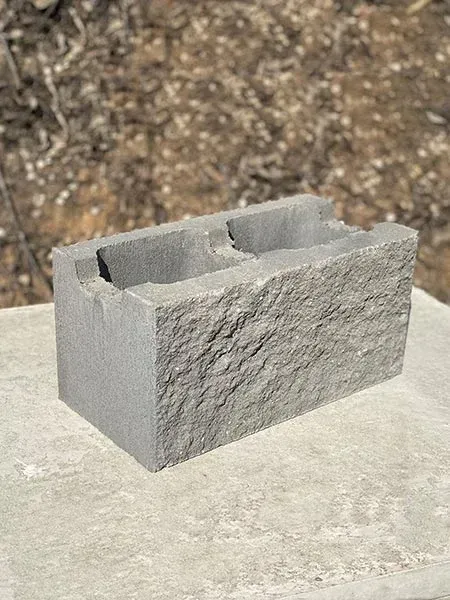When it comes to landscaping, choosing the right materials can make a significant difference in the overall aesthetics and functionality of your outdoor space. One popular option that has gained attention in recent years is white rock – but is white rock the right choice for your landscaping needs? Let's run through the benefits and considerations of using white rock in your landscape design now.
Enhancing your landscape with white rock
White rock can bring a touch of elegance and sophistication to your landscape, with a bright and clean appearance that creates a striking contrast against green foliage, help making plants and flowers stand out. Additionally, white rock can be used in various landscaping applications, such as:
- Pathways
- Decorative borders
- Ground coverings for large areas
Low maintenance and durability
One of the key advantages of using white rock in landscaping is its low maintenance requirements. Unlike organic mulches that decompose over time, white rock does not need frequent replacement and also helps in suppressing weed growth, reducing the need for herbicides. Furthermore, white rock is highly durable and can withstand weather conditions, making it a long-lasting option for your outdoor space.
This is why, whether you're aiming for a modern, minimalist look or seeking to create a vibrant contrast in your garden, white rock can deliver the perfect effect. So if you're considering incorporating
white rock into your landscape design, look no further than
Narellan Sand, Soil & Garden Supplies, your trusted source for high-quality landscaping materials across Sydney.

